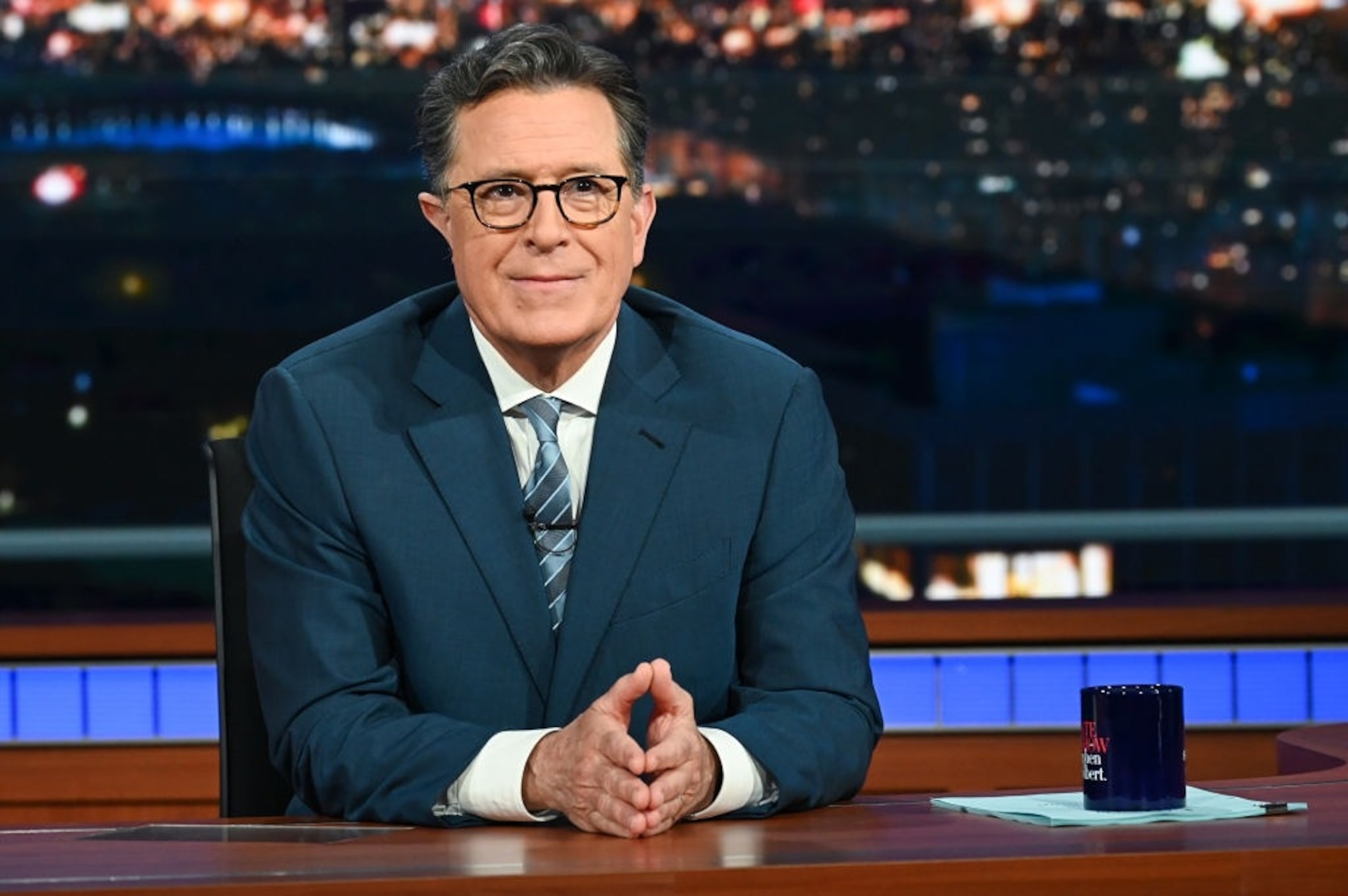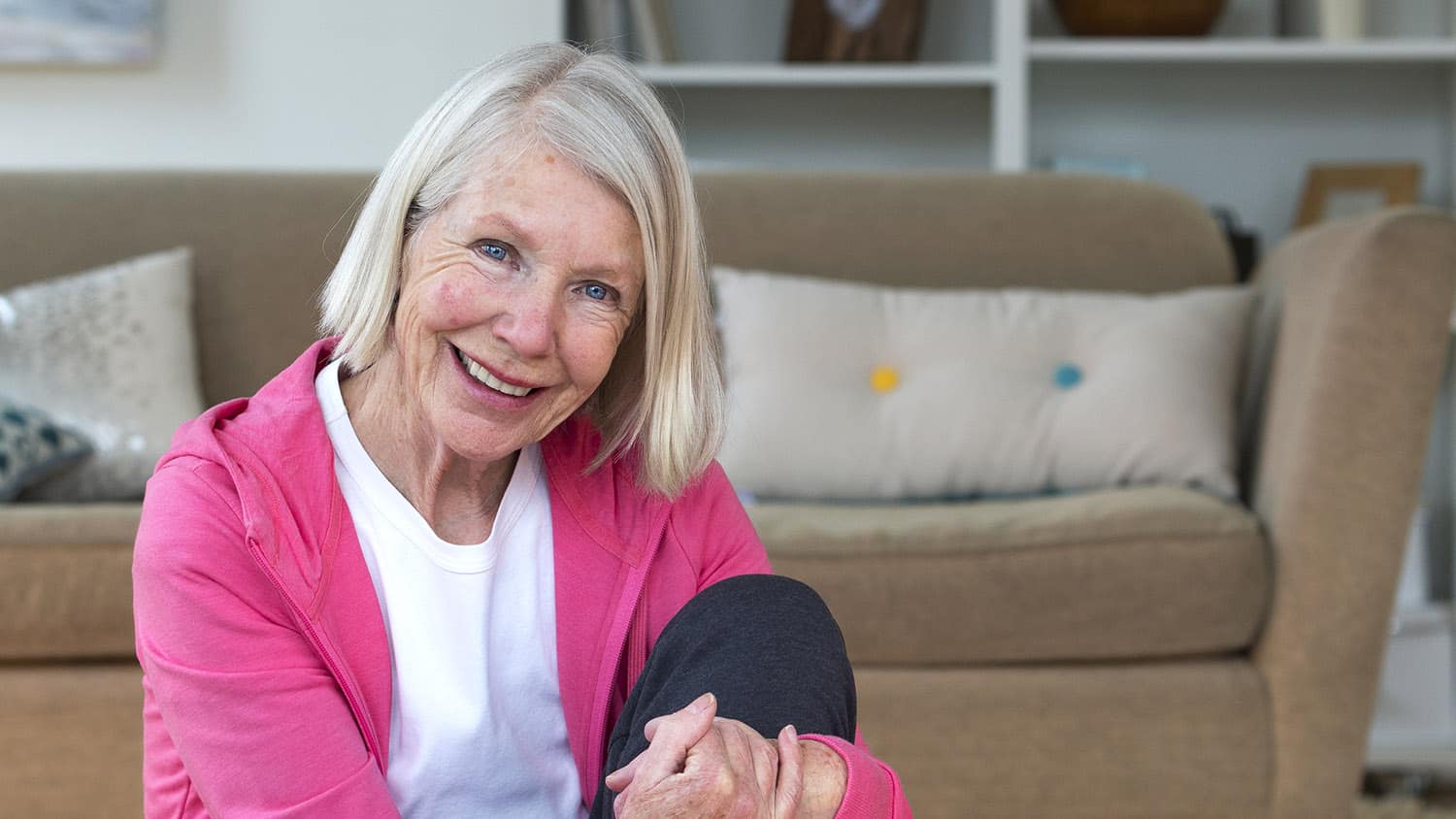
The political landscape following the 2024 election has presented a challenging environment for the Democratic Party, leading to considerable introspection and public debate.
Central to this discussion is former Vice President Kamala Harris’s recent appearance on “The Late Show” with Stephen Colbert, an interview that has quickly become a focal point for critics across the political spectrum.
A prominent voice in this commentary is Alyssa Farah Griffin, a co-host on “The View,” who starkly characterized the interview as a “microcosm of everything that’s wrong with Democrats post-election.”

Griffin, an anti-Trump Republican who notably voted for Harris in 2024, shared her insights during a Saturday segment of CNN’s “Table for Five,” dissecting the optics and messaging surrounding Harris’s choice of platform.
Her assessment underscored a broader concern about the Democratic Party’s perceived disconnect from American voters and the evolving media environment.
The context of Stephen Colbert’s program itself formed a significant backdrop to Griffin’s critique.
CBS had announced in July that it would be ending Colbert’s late-night show at the conclusion of the current broadcast season.

The network cited financial reasons for this decision, noting that the show was reportedly losing $40 million annually.
Filmed in the costly Ed Sullivan Theater in New York, the show’s economics were, by Griffin’s account, simply “not working.”
Despite Colbert reportedly making $20 million a year, the financial struggles of his program were undeniable.
However, the narrative surrounding the cancellation was not solely economic for many observers.

Colbert’s liberal allies speculated that the cancellation carried a political dimension, given its timing just days after he openly criticized CBS’s parent company, Paramount.
Paramount had settled with former President Donald Trump, a move Colbert publicly labeled a “bribe” shortly before his show’s announced departure.
This intersection of financial woes and perceived political entanglement added layers to the discussion surrounding Harris’s interview choice.
Alyssa Farah Griffin meticulously articulated her reservations regarding Harris’s decision to appear on a program like “The Late Show” with Stephen Colbert at such a pivotal moment.

Griffin openly expressed her reservations during her CNN appearance, stating, “I was struck by, I’m going to try not be too harsh on this. This interview felt like a microcosm of everything that’s wrong with Democrats post-election.”
She pointed to the perceived misdirection of the interview, suggesting that it focused on defending Colbert’s cancellation rather than addressing pressing economic issues or directly engaging with the American electorate.
Griffin observed, “I’m going to CBS and this sort of trying to make a point that they fired Stephen Colbert, which many on the left called an attack on democracy, a man who was making $20 million a year, someone I hold in high esteem, but the economics of his show were not working.”

Her critique intensified as she highlighted the disconnect from the broader electorate, asserting, “He was losing $40 million a year. He was in the Ed Sullivan Theater, which is expensive, to talk about the plight of democracy at CBS, a network that’s having its own struggles right now, rather than talking about the economics of the situation and playing to something a shrinking audience that is network television, not realizing it’s not where the American voters are.”
Griffin’s vivid metaphor underscored her deep concern about the strategic misstep.
She likened Harris’s choice of interview platform to “announcing your exploratory committee on the sinking deck of the Titanic,” illustrating a profound perception of political and media misjudgment.

This image painted a picture of a party out of step with the realities faced by average American voters, choosing a symbolically troubled platform over one that could foster broader connection.
During her candid conversation with Stephen Colbert, Kamala Harris directly addressed questions regarding her political future and her inclination to step away from the established system.
When asked about her decision to decline a potential California gubernatorial run, Harris articulated a significant shift in her perspective.
She stated, “Recently, I made the decision that I just – for now, I don’t want to go back in the system. I think it’s broken.”




